Tigers don’t grow in begging bowls
Destroying agriculture, preventing tax culture, high tariff walls, smuggling, we are the world’s most famous beggars.
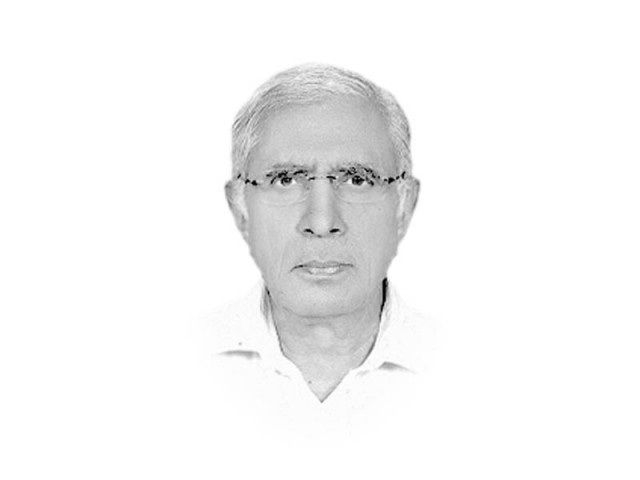
The writer is Executive Editor of The Express Tribune
Excerpt from the book titled Making Globalisation Work by Joseph Stiglitz.
We have been trying for too long now, but without any success, to become an Asian Tiger by adopting the “one-size-fit-all” formula put together by the Washington Consensus. All that this formula has done for us, so far, is to turn us into an Asian basket case. The Asian Tigers, before they acquired the nickname, did relentlessly pursue the GDP growth formula but not the way the Consensus had suggested. There was no downsizing of the government in any of these countries; also, no deregulation or rapid liberalisation and privatisation took place. They just opened up to the US and Japanese investment and lower-tech fabrications that were being dismantled by the business houses in those countries in the process of graduating to higher-tech manufacturing and sophisticated service industries. Goods produced in the sweat shops of the emerging Asian Tigers at throwaway costs, compared with that of producing the same in the US and Japan, where the wages had gone through the roof, were then imported freely by the investing countries. Extending a helping hand to this process were the strictly state-controlled public sector banks in the recipient countries, which in the next phase, facilitated the emergence of huge vertical and horizontal monopolies in the private sector. Meanwhile, since the US had set up military bases in most of these energy-deficient countries, they could afford to finance their escalating oil import bills from their huge export earnings and also spare enough resources to develop their social and physical infrastructure.
And what were we doing during all these years? Enjoying “free lunches”, destroying our agriculture, preventing tax culture from taking root, raising high tariff walls to encourage import substitution, promoting smuggling, and turning the country into a security state at the cost of education, health and food security. As a result, today we are not only the world’s most famous beggars but also the most isolated country.
No country appears any more to be in the mood to shore up our economy with its taxpayers’ money. It is, therefore, time that we must all start paying our national dues from our taxable incomes no matter what the source. But even before that, we must take care of the ongoing terrorism. It is only when normalcy would return to the country that local and foreign investors would be willing to invest in Pakistan. And finally, we should try our best to turn the Free Terror Area into a Free Trade Area by creating economic linkages between India, Pakistan and Afghanistan. Let us start this process by first granting MFN status to India immediately and then follow up quickly by allowing transit trade facility to India through Pakistan to Afghanistan and ahead. This would enable Pakistan, located right at the crossroads of a busy trade route extending from Casablanca to Oramchi on the one hand, and on the other from East Asia to the Middle East, to become a roaring trans-shipment economy, exporting value-added raw materials and intermediaries imported at reasonably reduced duties. Let us use this comparative advantage by adopting warehouse economy by letting the rupee float to realistic levels. Then alone can we become an Asian Tiger and not by taking the IMF route. Otherwise, as Maynard Keynes said: “In the long run we are all dead”.
Published in The Express Tribune, May 22nd, 2013.


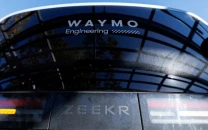


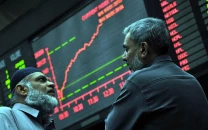


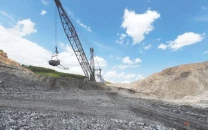

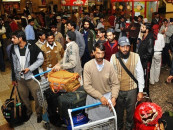








COMMENTS
Comments are moderated and generally will be posted if they are on-topic and not abusive.
For more information, please see our Comments FAQ